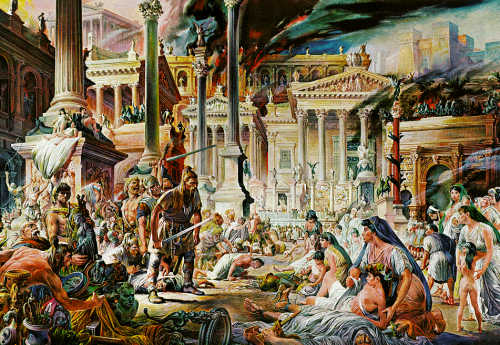by
James E. Miller
In the midst of the Great Depression, Treasury
Secretary Andrew Mellon famously advised President Hoover to “liquidate labor,
liquidate stocks, liquidate farmers, liquidate real estate” instead of propping
each industry up with tax dollars. This
liquidation doctrine would “purge the rottenness out of the system” and make
certain that “people will work harder” and “live a more moral life.”
Contrary to popular belief, Hoover did not take Mellon’s advice and went forth
with his own version of the New Deal that gave relief to farmers and supported
wage rates in certain industries. These efforts, which were exacerbated
under the presidency of Franklin Roosevelt, effectively prevented the market
from clearing. The boom of the
late 1920s that was driven by the Federal Reserve’s monetary inflation was not
allowed to bust. Instead of liquidating the debt and
allowing the economy to reach a sound footing, both the Hoover and Roosevelt
administrations attempted to manage it back to health. The result was the longest period of unemployment ever recorded in
American history.
Today,
Mellon’s advice is still spurned by most of the economic profession. The media
establishment, not to be outdone, is also on the side of intervention.
Government is looked to as a savior while markets are seen as inadequate in
providing for a satisfactory standard of living. With their incessant
need to fix what isn’t broke, the political class is praised for their courage
to take the reins of society and direct it toward a meaningful and just way of
life. Liberty is seen as barbaric in comparison to state-sanctioned
redistribution. Fighters of war are looked to as glorious warriors who
make a great sacrifice to their countrymen. Public office itself is seen
as an occupation of the righteous who give up the opportunity for profit.
Most notably, spending is regarded as the necessary elixir of economic growth.


.jpg)














.jpg)

